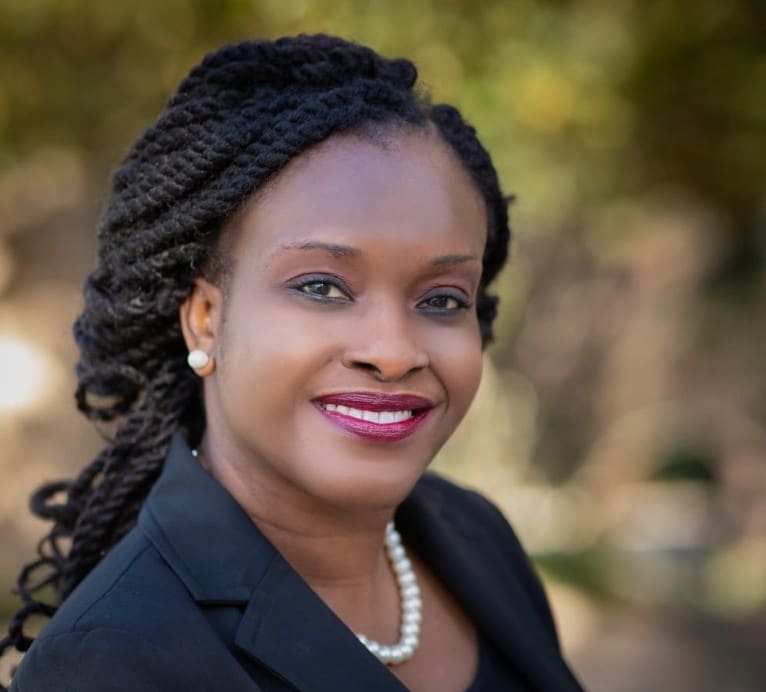Armed with a doctoral degree in Cybernetics from the University of Reading, United Kingdom, Rose-Margaret Ekeng-Itua is reportedly the first Black woman to achieve such a feat.
In the 1980s, between the ages of five and 10, Rose-Margaret Ekeng-Itua lived in the West and attended schools where she was one of the very few students of African heritage. Innocently, some of her friends would ask questions about Africa, but often, the Africa they talked about was portrayed as uncivilized.
“This was a complete contradiction to the Africa I knew, so I began sharing stories with my friends about the Africa I knew, steeped in wisdom and ancestral civilization,” reminisces Ekeng-Itua, a Nigerian professor of engineering at Ohlone College in Fremont, California.
At the age of nine, her experiences sparked a dream to connect people worldwide, aiming to enhance what she now calls “cultural quotient”. She envisioned a platform where individuals could learn about and appreciate diverse cultures, overcoming stereotypes and misconceptions that often accompany cultural differences.
Thus, the seeds of Sabi Africa Network (Sabi, meaning ‘know’ in pidgin English) were sown, later actualizing in the 2000s with a vision to illuminate “Africa’s pioneering role in science, engineering and technology”.
Loading...
As Ekeng-itua’s journey progressed, she found herself at the forefront of a movement to redefine the narrative of Africa in the global science, technology, engineering and mathematics (STEM) landscape. Armed with a doctoral degree in Cybernetics from the University of Reading, United Kingdom, she reportedly emerged as the first Black woman to achieve such a feat.
Driven by her passion for decolonizing STEM education and promoting diversity in the field, Ekeng-Itua established the African Technology and Innovation Institute (AFRITECHI), a knowledge transfer hub, and technological research support center. In addition to the Sabi Africa Network, she aims to mainstream Africa-centric STEM education pedagogy and curriculum, empowering young Africans to embrace their potentials.
“African and other indigenous technological innovations can solve most of the global issues highlighted in the United Nations’ Sustainable Development Goals (UNSDGs),” she asserts.
Through AFRITECHI, Ekeng-Itua seeks to bridge the techno-economic gap between the global north and south, empowering African innovators to lead the way in sustainable development. With a focus on research, training, and consultancy, she aims to cultivate a thriving ecosystem of indigenous technology innovation, reducing the continent’s dependency on imported technologies.
As a leader in academia and industry for over two decades, she recognizes the importance of bridging the gap between theoretical knowledge and practical applications in STEM education. “Intentional academia, industry, government partnerships are key for the reduction in youth unemployment and the graduate industry desirable skills gap,” she says.
Ekeng-Itua also serves her communities in the United States, Europe, and Africa through various initiatives, including special programs for women and girls, such as Women in Big Data (WiBD) Nigeria and the Women in STEAM Mentoring Dinner in California, which connects women students and industry professionals.
Loading...
